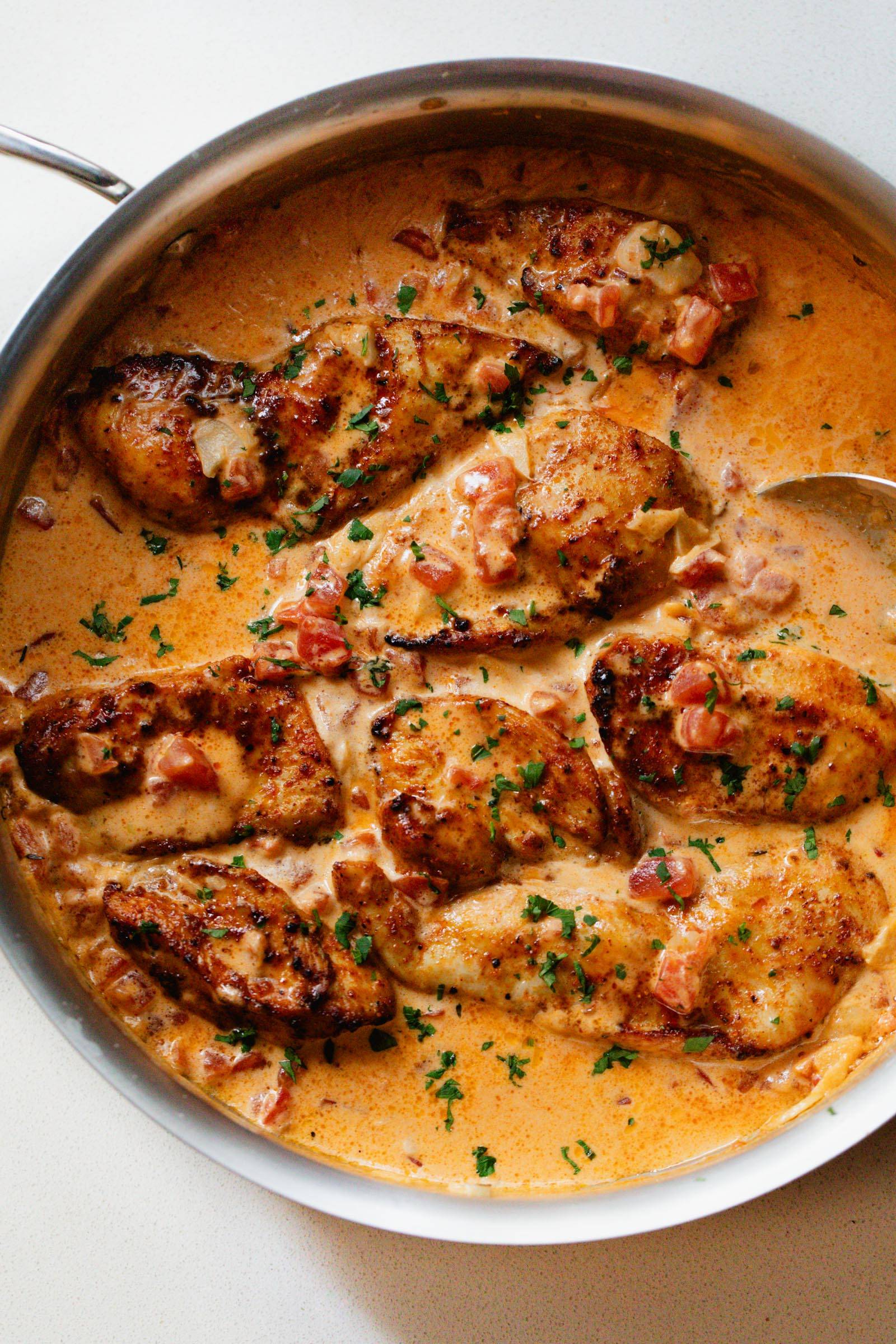In a significant packaging overhaul in 2024, Costco has replaced its familiar rigid clamshell containers for rotisserie chicken with flexible plastic bags. This move aligns with the retailer’s goal to reduce plastic use, a response to the growing environmental challenge posed by plastic waste. However, the change has raised concerns among shoppers regarding potential health risks associated with the new packaging.
Transition to Plastic Bags

Costco’s shift to flexible plastic bags has drawn mixed reactions from its customer base. While many praise the initiative as an environmentally friendly step, others have expressed frustration over the bags’ tendency to leak. More critically, some consumers are worried that the new bags could pose health risks due to their direct contact with the hot chicken. Unlike the previous packaging, which kept food separate from the container, the new bags allow for closer physical interaction between the poultry and the plastic.
Experts note that while Costco’s plastic bags are specifically designed to hold hot items safely, there remains a degree of caution recommended for consumers. The heat from the rotisserie chicken could theoretically cause tiny plastic particles to leach into the food, though the risk is considered low. To mitigate this concern, consumers are advised to remove the chicken from the plastic packaging as soon as they arrive home. By doing so, they can cut the chicken into smaller pieces and store them in airtight containers, extending the poultry’s freshness for up to four days in the refrigerator.
Understanding Microplastics and Health Risks

The concerns surrounding plastic packaging extend beyond Costco’s rotisserie chicken, as the prevalence of microplastics in our environment has become alarmingly evident. These tiny particles have been detected throughout the human body and in bodily fluids, including those of newborns. Though more research is needed to comprehensively understand the health implications of microplastics, animal studies indicate potential risks, including increased disease susceptibility and compromised immune function.
Research has shown that certain edible seafood, notably mussels, possess dangerously high levels of microplastics, raising alarms about the safety of consuming marine products packaged in plastic. As awareness grows, shoppers are becoming increasingly vigilant about the materials encasing their food.
The Safety of Polypropylene Packaging
:max_bytes(150000):strip_icc()/simply-recipes-wine-chicken-lead-1-3-f1fa691b728e4afca42f34d5a0d081ac.jpg)
While the specific type of plastic used in Costco’s new chicken bags has not been disclosed, polypropylene is a commonly used material for storing hot foods due to its ability to withstand high temperatures. Not only is polypropylene approved for direct food contact, but it is also generally regarded as safer than other types of plastic. However, a key caveat remains: the safety profile of polypropylene can vary significantly based on the manufacturing processes employed.
As research continues to evolve, consumers concerned about potential health impacts related to plastic packaging are encouraged to take proactive steps to limit their exposure. This may include transferring food to different containers immediately after purchase to minimize any risk.
Consumer Actions and Recommendations
For Costco shoppers anxious about the implications of the new rotisserie chicken packaging, experts emphasize the importance of proper food handling. After purchasing, it is best to unpack the chicken promptly, especially if the consumer intends to keep it for several days. Cutting the chicken into portions and transferring it to airtight storage should help in maintaining both the quality of the meat and minimizing any possible health risks from the plastic bags.
Additionally, being informed about various types of plastics and their interactions with food can empower consumers to make better choices when shopping. Those concerned about the broader implications of microplastics might also consider diversifying their diets by reducing reliance on packaged products and opting for fresh or minimally processed alternatives where possible.
In summary, while Costco’s shift to flexible plastic bags for rotisserie chicken aims to be environmentally conscious, it has sparked important discussions regarding health risks associated with plastic packaging. As consumers navigate these changes, taking careful steps in food handling can help alleviate some concerns.



